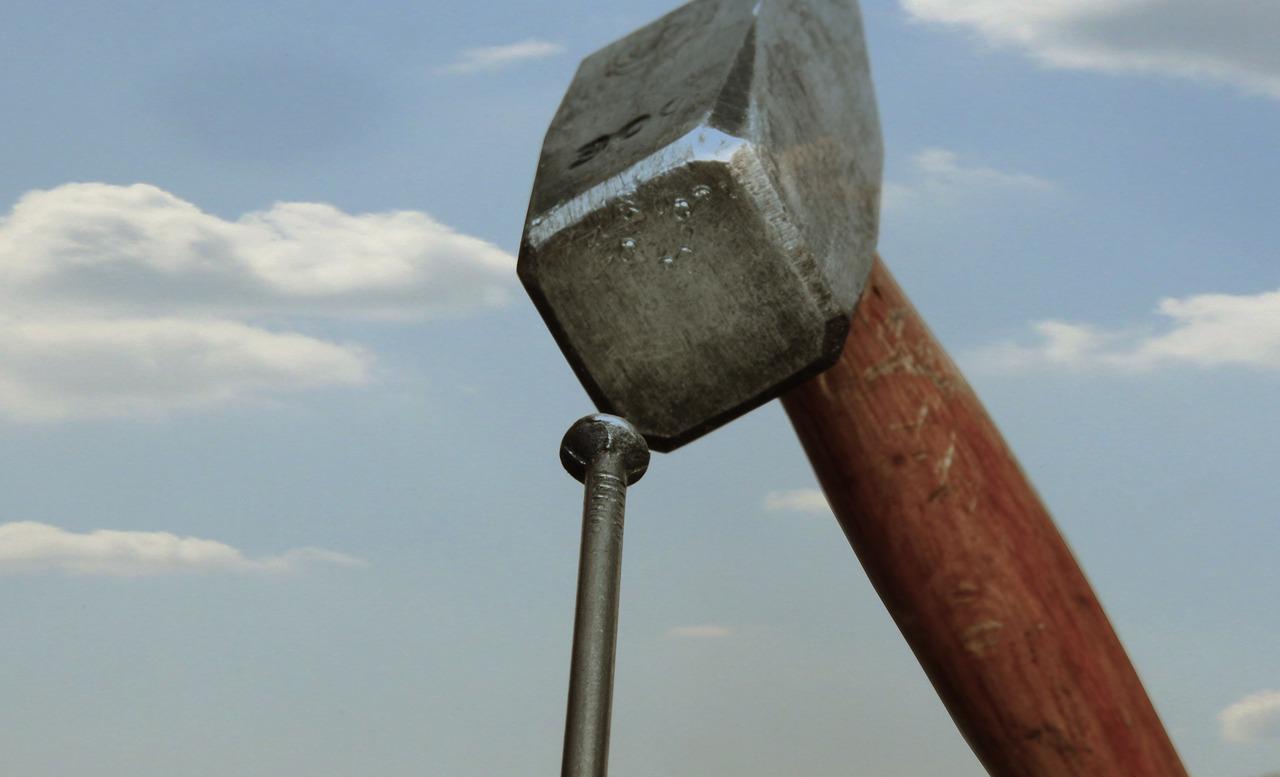
At the turn of the millennium, Bill Clinton quipped that trying to control the internet in China would be like ‘trying to nail jello to the wall’. Seventeen years later, it’s now clear that the Chinese Communist Party has pulled off this seemingly impossible feat.
Nailing it has required striking a balance between embracing the internet for its economic potential and guarding against its threats to stability.
On Monday, China’s internet regulators swung the hammer at the usual suspects—Chinese internet giants Baidu, Tencent and Sina Weibo.
The authorities charged that Baidu’s Tieba forums, Tencent’s ubiquitous WeChat instant messaging app and Sina’s Twitter-like Weibo platform were havens for fake news and pornography. At RMB 500,000 (A$95,000), the fines leveled against the companies amount to no more than a slap on the wrist, given each of them pull in multibillion-dollar revenues.
Tencent said it ‘sincerely accepted’ the punishment and would improve its management of WeChat according government guidelines. Baidu apologised to users and promised to fix any problems.
So far, so normal. Hammer swung, jello nailed.
But a development that’s more alarming than Monday’s announcement came earlier this month when the Cyberspace Administration of China revealed a new set of regulations that dramatically shift the self-censorship burden from big internet companies onto the users themselves.
The new regulations require internet companies to establish credit-rating systems for chat group users and deduct points from them when they say anything politically incorrect online.
The hammer blows have been coming thick and fast. In July, authorities cracked down on virtual private networks (VPNs), which allow Chinese internet users to burrow under the country’s Great Firewall. In August, authorities took a hammer to online anonymity by requiring users to provide their real names before commenting online.
The shift has been so dramatic that analysts like David Bandurski of the China Media Project have suggested it might be time for a new phrase to replace the ‘Great Firewall’ as the way to describe China’s online censorship apparatus. ‘It is probably more suitable now to think instead of a Great Hive of firewalls around the individual, a buzzing nest of connections from which users may be insulated at will’, Bandurski wrote earlier this month.
Shifting from the Great Firewall to the Great Hive runs the risk of killing off the feedback loop function that social media has served for the Chinese state in recent years.
Social media platforms like Weibo have acted as a pressure valve whenever public opinion boils over. Chinese officials themselves have recognised the importance of social media’s ability to expose low-level corruption and malfeasance. But that supervisory role will be neutered if Chinese internet users are too scared to post what they really think.
For China’s hammer-wielding censors, everything looks like a nail. They should be careful they don’t knock it all to bits.